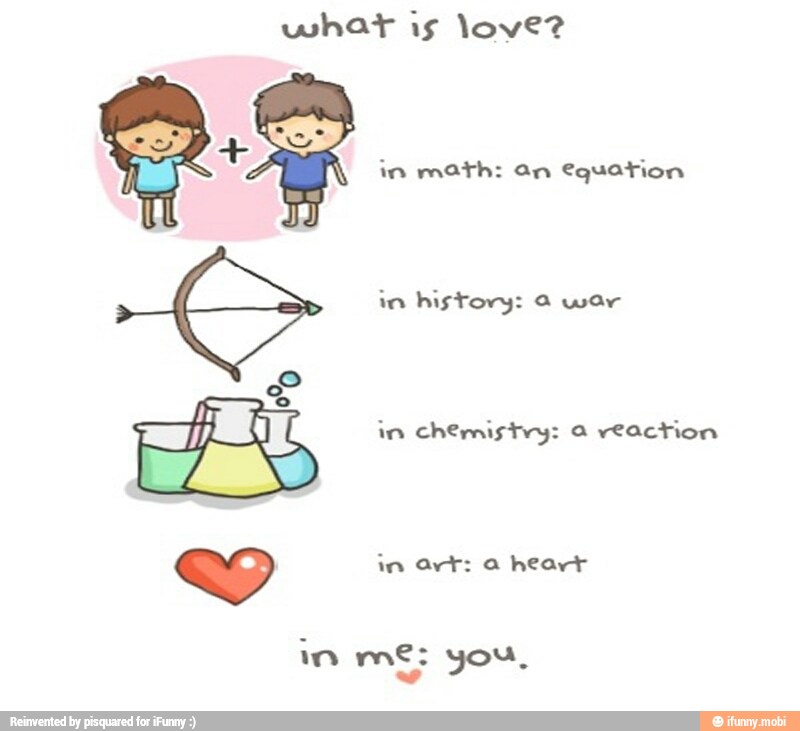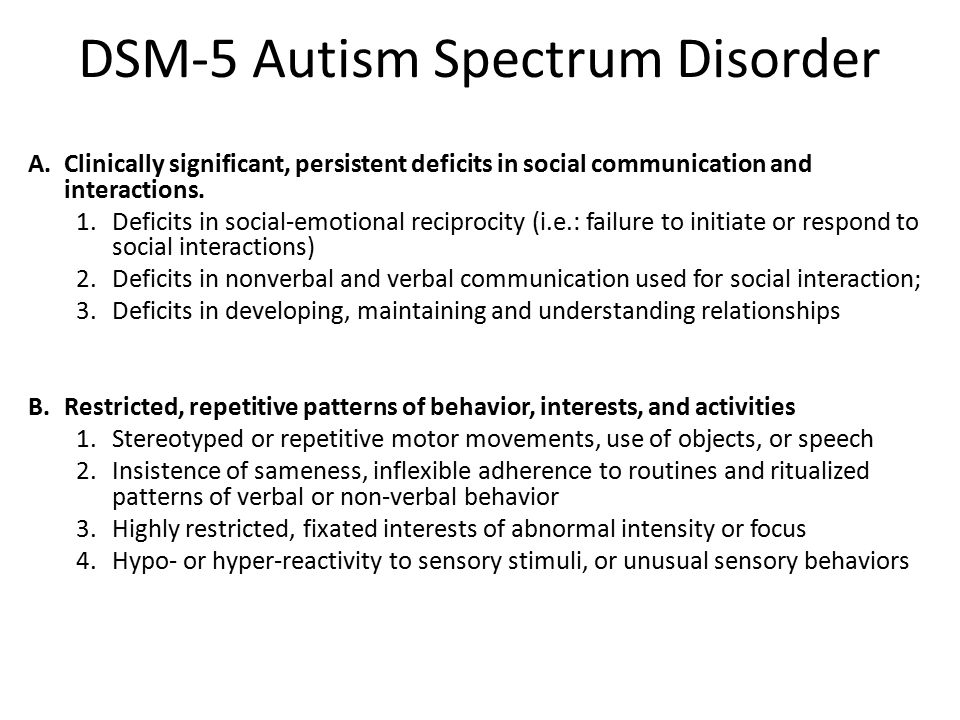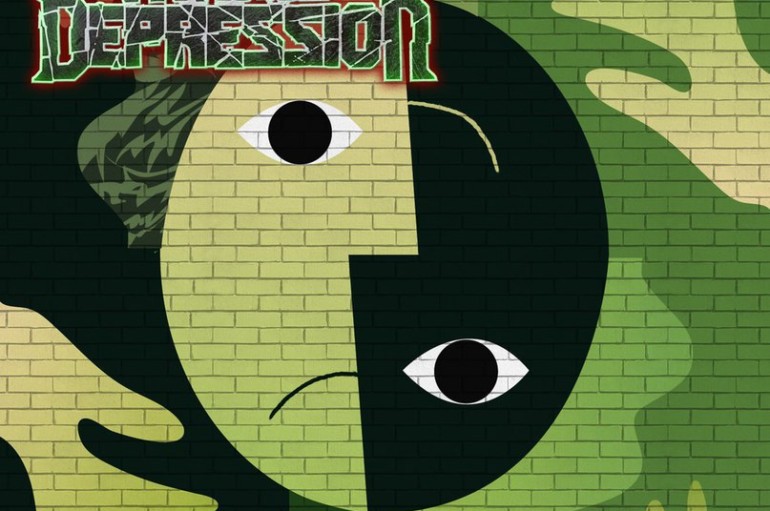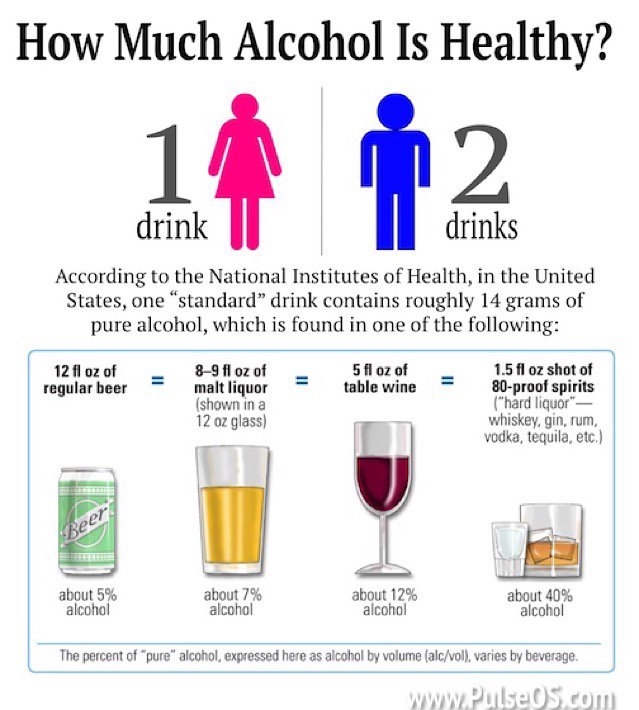What is false love
False Love: What It Is and How It Manifests
What is false love? What are the different categories of false love?
False love is when people pursue a connection for reasons such as sexual desire or a financial partnership. Although a real love relationship can include these things, they should not be the base of a relationship.
Continue below to learn about the different types of false love.
What is false love? To Fromm (the author of The Art of Loving), the most common way that modern people pursue connection is through false love. Fromm believes that false love is more common than genuine love in modern society because of the rise of capitalism, which requires people to turn their energy into a tradable good in the form of labor: They give labor and get money in return. As a result, we’re less inclined to give ourselves freely; the idea of giving someone time and energy without getting anything in return (which is an expression of genuine love) has become unthinkable.
Instead, we practice false love, in which we only give affection in order to get something in return.
(Shortform note: While Fromm argues that all transactional relationships must be forms of false love by default, other psychologists argue that genuine love must include some measure of reciprocity. In that view, giving someone endless time and energy without expecting anything in return is an unhealthy practice. Instead, genuinely loving relationships should be interdependent: Both partners should be able to count on receiving affection, attention, and trust from the other. This expectation isn’t rooted in capitalism—it’s rooted in the understanding that all healthy relationships require give and take.)
Types of False LoveFromm describes a few main categories of false love. We’ll explore each of these categories below:
Love as Sexual Desire
This is the model of love that Sigmund Freud proposed, in which love is merely the expression of sexual desire—specifically, every man’s desire to sleep with every woman he possibly can. Freud believed that all other forms of love were diluted versions of this primary desire. According to Fromm, this empty desire is a form of false love because it doesn’t involve nourishment, responsiveness, acceptance, or genuine understanding.
Freud believed that all other forms of love were diluted versions of this primary desire. According to Fromm, this empty desire is a form of false love because it doesn’t involve nourishment, responsiveness, acceptance, or genuine understanding.
(Shortform note: Other philosophers have a more charitable view of love as sexual desire. For example, the Greek philosopher Plato believed that, with effort, people could use the sexual desire they feel for one person to open their eyes to beauty in all its forms. People could then funnel this new awareness into genuine love for all of humanity: In other words, they could convert false love based on sexual desire into genuine Platonic love.)
Love as a Partnership
The second form of false love is the idea of love as a partnership, in which two people love each other solely to increase their odds of succeeding in a capitalist society. While they care for one another, their primary loyalty is still to themselves—they invest in the relationship because it serves their own purposes. This kind of love mimics a business partnership. For example, a man who gets married so he will have a wife to take care of the home while he focuses on work (or a woman who gets married so she’ll have a husband to provide for her economically) is pursuing this kind of false love.
This kind of love mimics a business partnership. For example, a man who gets married so he will have a wife to take care of the home while he focuses on work (or a woman who gets married so she’ll have a husband to provide for her economically) is pursuing this kind of false love.
(Shortform note: This form of false love is still prevalent in the 21st century; however, men and women approach these relationships differently. A survey of Harvard Business School graduates revealed that most men expect to prioritize their own careers over their wives’ careers. In contrast, the same survey found that most women expect a more equal relationship in which each partner supports the other’s career goals. However, while their vision of an ideal relationship differs, both men and women think a healthy relationship is one that helps them succeed as workers in a capitalist society.)
Love as Misplaced Parental Attachment
Another form of false love is misplaced parental attachment.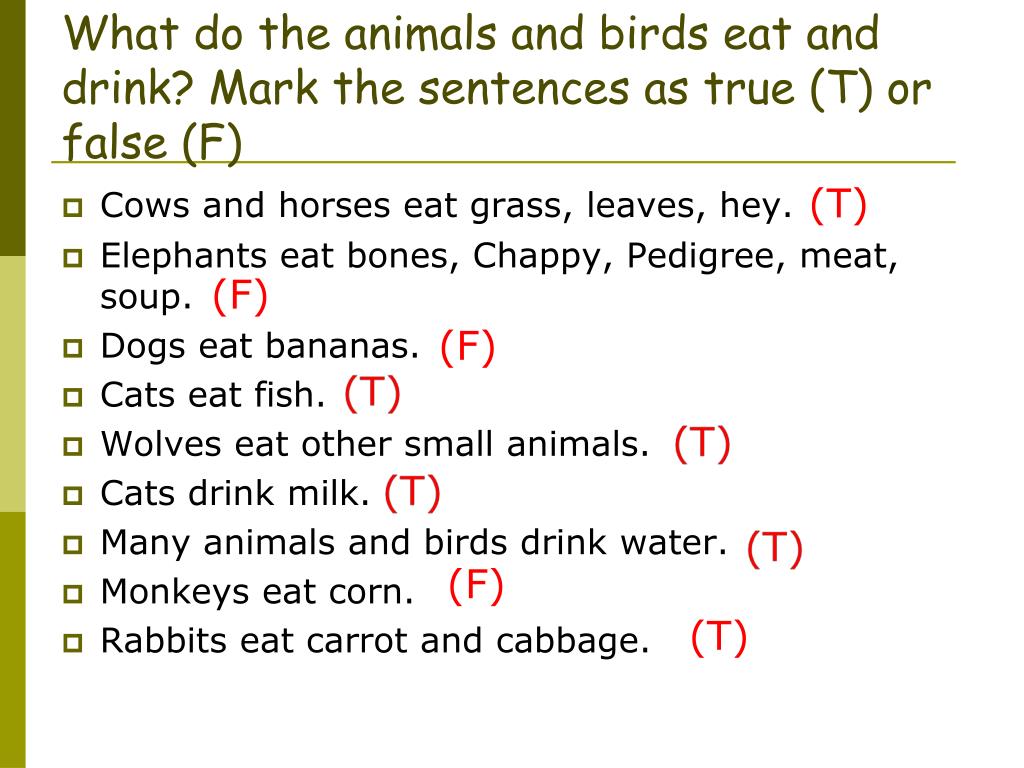 When one or both partners have unresolved parental attachments, they’ll seek a form of parental love from each other rather than genuine romantic love. However, because romantic partners typically can’t give the type of maternal or paternal love these people crave, they’re inevitably disappointed with their romantic relationships.
When one or both partners have unresolved parental attachments, they’ll seek a form of parental love from each other rather than genuine romantic love. However, because romantic partners typically can’t give the type of maternal or paternal love these people crave, they’re inevitably disappointed with their romantic relationships.
(Shortform note: The science of attachment supports Fromm’s analysis. In Attached, Levine and Heller argue that children whose parents aren’t caring, responsive, and attuned to their needs often develop “insecure attachments,” meaning they have a hard time trusting other people. As adults, people with insecure attachments struggle with healthy romantic relationships, just as Fromm identified.)
Seven types of false love
By Anthony Buono
Sep 12, 2012
There is nothing quite like being in love and sharing a loving relationship. You often hear about finding “true love,” but we seldom stop to think about what that means.
To consider this properly, you need to know a little something about true love. What makes it true? There is much to say about true love, and there are so many various opinions as to what makes love true. True love is a mystery; almost impossible to put into words.
What makes it true? There is much to say about true love, and there are so many various opinions as to what makes love true. True love is a mystery; almost impossible to put into words.
But we do have a guideline for what makes for true love:
Love is patient and kind; love does not envy or boast; it is not arrogant or rude. It does not insist on its own way; it is not irritable or resentful; it does not rejoice at wrongdoing, but rejoices with the truth. Love bears all things, believes all things, hopes all things, endures all things.
Love never ends.
Single people hope to find the kind of love others have found. Is it possible that singles have not found true love because the love they have to give is false?
I have seven kinds of false love for you to consider. These are seven approaches to love that many people are inclined to take, typically without even knowing it, which have disastrous consequences.
1. The Critical Approach
This is someone who does not believe true love is possible, and criticizes any person they attempt to find love with.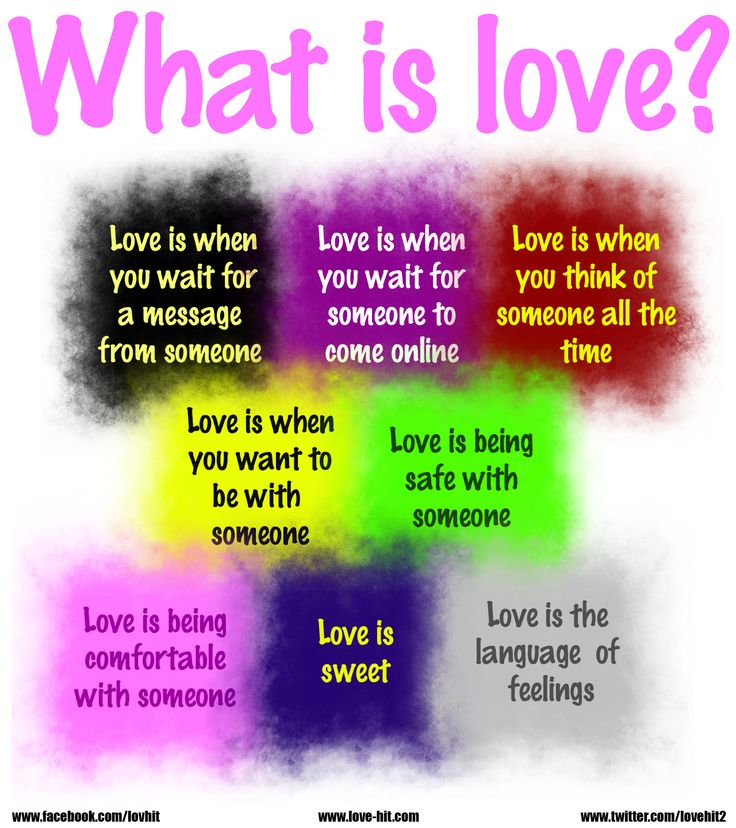 True love is impossible to the critical person because they don’t love themselves. Yet, they don’t dare criticize themselves, so they have to find faults in another in order to maintain a superiority. Their love is something the other should feel grateful to have and spend their life showing that gratitude.
True love is impossible to the critical person because they don’t love themselves. Yet, they don’t dare criticize themselves, so they have to find faults in another in order to maintain a superiority. Their love is something the other should feel grateful to have and spend their life showing that gratitude.
They are quick to criticize the person they claim to love, deep down never believing this person could actually love them. The “beloved” is never good enough. The critical person lives as someone who can just as well make due without the beloved.
2. The Scrupulous Approach
This person is very careful about showing too much devotion to a person, fearing that God will somehow be made number two. They feel guilty for wanting and needing a person, since they believe they should only need God. They hold back expressing love and affection in order to prove to themselves (and sometimes to the other person) that they have control of their passions and desires.
Guilt plagues the scrupulous person, because as much as they believe that love shared between two person is unexplainably special and wonderful, they can’t admit it in principle.
Ultimately, they view love not as a gift of God or a blessing, just a necessary evil. They allow their beloved to feel like they are an obstacle to God, instead of a vehicle toward God.
3. The External Approach
This person is only concerned with outward experiences of love. Their love is not giving, but taking. They are anxious if there are not constant external proofs of love. They say “I love you” and need “I love you” said to them endlessly. They believe sharing love is about quantity, not quality. Lots of romance, lots of sex, lots of gifts, lots of flattering words.
A certainty about love in quiet, unspoken moments is foreign to them. If there is no emotional high being experienced, they are afraid love is fading.
4. The Presumptuous Approach
This person is completely fine with their lousy behavior while presuming the beloved will understand and accept them.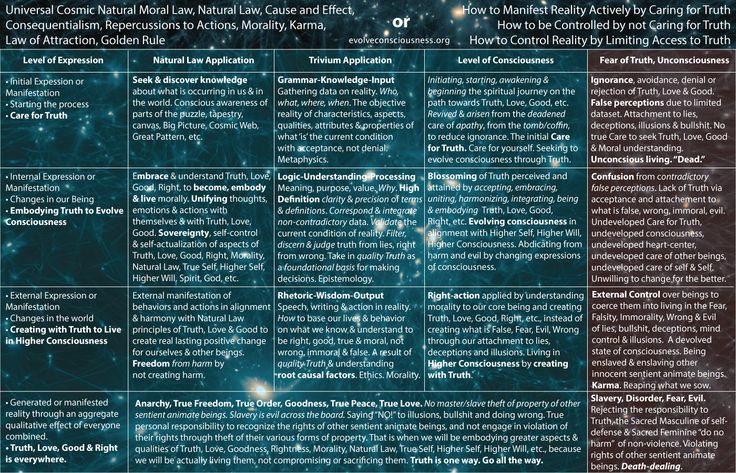 Their love for the beloved presumes the unconditional love they will receive, regardless of their actions. Their own passions and needs are the priority.
Their love for the beloved presumes the unconditional love they will receive, regardless of their actions. Their own passions and needs are the priority.
They are at peace with their bad habits and feel no need to work on their faults. They hide things like their impurity, injustice, anger, foul manners and speech, rudeness, detraction and gossip, while making themselves out to be worthy to be loved by the beloved. They presume forgiveness and second chances.
5. The Inconstant Approach
This person is wishy washy when it comes to love. Sometimes they seem really into you and will do anything for you. Then they can seem distant and uninterested, like they’re a different person. They are willing to invest initially in winning your heart, only to back off after they have won it. They easily change, whether in mind or mood or with the latest difficulty in the relationship.
They willingly make promises and take on more than they can handle in showing their love, and leave you disappointed when it was just empty words and promises. Their love is unreliable. They will only express love as they’re ready to.
Their love is unreliable. They will only express love as they’re ready to.
6. The Hypocritical Approach
This person has high expectations and strict requirements when it comes to the love received from another, while they do not submit themselves to the same standard. They love with a double standard that sets the beloved up as always being the guilty party for all problems, while they are always justified in what they do.
(Column continues below)
Subscribe to our daily newsletter
At Catholic News Agency, our team is committed to reporting the truth with courage, integrity, and fidelity to our faith. We provide news about the Church and the world, as seen through the teachings of the Catholic Church. When you subscribe to the CNA UPDATE, we'll send you a daily email with links to the news you need and, occasionally, breaking news.
As part of this free service you may receive occasional offers from us at EWTN News and EWTN. We won't rent or sell your information, and you can unsubscribe at any time.
We won't rent or sell your information, and you can unsubscribe at any time.
They display a consistent intent of deception in their love by passing as a good person committed to loving another while not really caring to live it out. They are trying to be someone they are not. Their efforts and actions in love are things they think the other wants in order to win their affection and approval, not things that spring naturally from the heart as part of who they are.
7. The Interested Approach
This person sees love for another as a utility for their purposes, not as a giving of self and respect of a person. They have recourse to you only when they need something, otherwise they have no interest. They love you whenever they can obtain something from you when they want it. They lose patience and show signs of wanting out at even the slightest degree of not getting what they want out of typical relationship experiences (such as discussions, problems, or decisions that have to be made). Their tolerance of you is proportional to the satisfaction of their wants.
Their tolerance of you is proportional to the satisfaction of their wants.
All of us can find ourselves in one or more of these. This is because none of us can escape selfishness (the very definition of pride). The more selfish we are, the more prone we are to false love, and the more difficult it is to live out true love.
What is your approach to love? In which of these false approaches do you see yourself? No matter which ones apply to you, it’s never too late to change. Recognizing it is half the battle. But it’s a grace to recognize. We often don’t want to accept when we have a problem, therefore we purposely keep ourselves blind.
Praying for God’s grace to recognize your approaches to false love is a necessity to making progress. Take time before the Blessed Sacrament asking Jesus to open your eyes so you can be observant of false love tendencies and He will surely enlighten you.
Our mission is the truth. Join us!
Your monthly donation will help our team continue reporting the truth, with fairness, integrity, and fidelity to Jesus Christ and his Church.
True and false love | God's World
All people want to be happy, avoid failures in life, everyone wants their dreams to come true. In childhood, our dreams are simple and naive, and it is easy to believe that someday everything will come true. When adolescence comes with its strong feelings, sharp feelings, with its idealism, dreams and horizons become different. We are sad when our desires do not come true, and immensely happy when they are fulfilled.
And what is the strongest desire? The desire for love is the strongest in a person. Only love can bring the highest joy and happiness to people, and only love gives the ultimate meaning to human life itself. Love is the greatest force in the universe. However, love can manifest itself as a huge destructive force. Indeed, the feeling of love sometimes leads to envy, jealousy, alienation, loneliness and even suicide. So love is different.
So love is different.
So there are two kinds of love - true and false. Although at first glance they are similar: both are strong feelings in the heart of a person, their fruits and results are very different. One leads to real long-term happiness and joy, and the other leads to self-destruction and even death.
How to correctly recognize these two types of love in order to make the right choice at the very beginning of a relationship. All the qualities of love are determined precisely by motivation. True love is based on selfless motivation, when all thoughts, words and actions are directed to the benefit of the one you love, even to the detriment of yourself. “I love you and dream of your happiness and prosperity. I am ready to live for this, to work for this, and if necessary, I am ready to endure even torment and suffering. My life and love is for you."
False love is based on selfish motivation, when thoughts, words and actions are directed at oneself, even to the detriment of the partner. “I love you and dream of being happy. I need your Love. You must be mine, my own. All pleasures and pleasures must be received by me. Today, now, immediately. If not, then I hate you."
“I love you and dream of being happy. I need your Love. You must be mine, my own. All pleasures and pleasures must be received by me. Today, now, immediately. If not, then I hate you."
So, all the qualities of love are determined by whether it is selfish or unselfish. If love is selfless, then it is unconditional. A selfish person always sets some conditions.
Let's compare the inner world of people with two examples.
I love you just like that, not for any of your merits, not for talent or knowledge, not for a position in society, not for money. I don't know why. Just like that, no way.
I love you if... If your appearance matches my needs, if you only do what I like, if there is enough money, if, if, if... a lot of conditions.
In real life, no one can avoid mistakes. But selfless people apologize, repent and forgive each other. Selfish people hold grudges and seek revenge.
Let's compare the world of human souls again with examples.
“I feel how painful and hard it is for you now.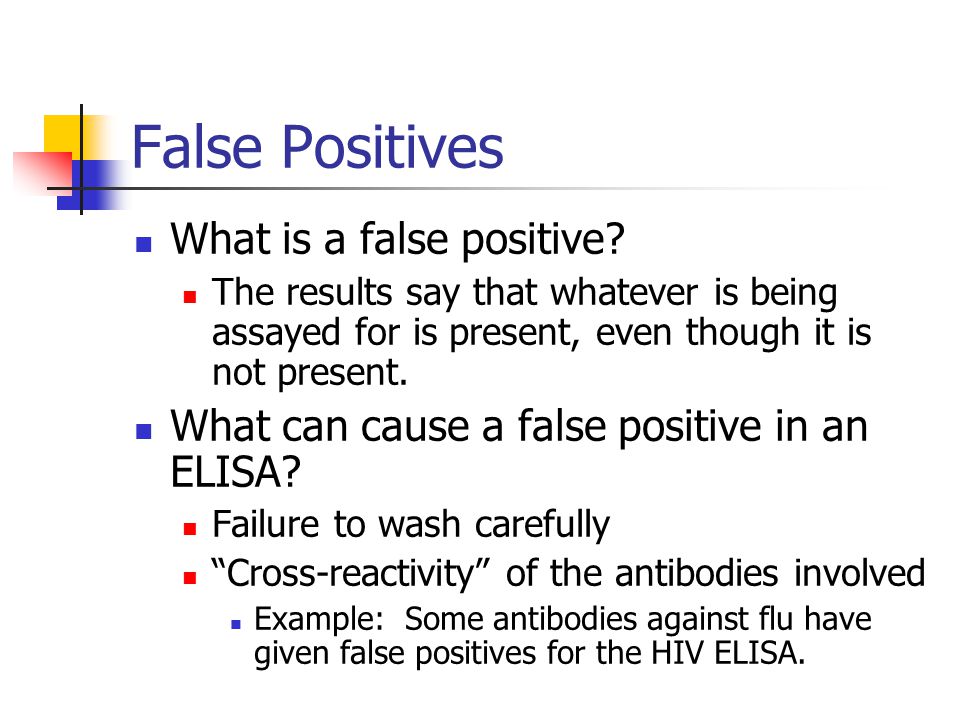 It's probably all because of me. Just me, if you can." From such words and attitude, a person is touched to the depths of the heart, accepts apologies and forgives. Harmony and peace are restored.
It's probably all because of me. Just me, if you can." From such words and attitude, a person is touched to the depths of the heart, accepts apologies and forgives. Harmony and peace are restored.
“At the beginning, I thought that you were perfect for me, it was not bad with you. But if you do what I don't like, then I hate you. And I really hate you already. I will remember everything, I will take revenge. Forgiveness is for the weak.”
True love coexists in harmony with moral principles, with a person's conscience. False love is aimed at immediate self-satisfaction, and for this it is ready to step over conscience and any principles.
Compar. “I love you and always act according to my conscience. Even when no one sees me. Therefore, it is easy for me to be open and honest. I have nothing to be ashamed of or to hide. We open our hearts and sincerely look into each other's eyes."
“I love you so much that I am ready for any crime. I will steal expensive jewelry for you, beat anyone who comes close to you, easily betray my friends, parents, cheat on my wife, leave my children. I love you madly".
I love you madly".
Finally, true love and fidelity are absolute, unchanging, eternal. An egoist seeks his own benefit in everything. Therefore, their attitude changes depending on the circumstances. You cannot rely on such a person, because he can easily betray.
“Now I seem to love, but I don't know what will happen in a year. In 10 years, even more so. Yes, I don’t even know what will happen in an hour. And suddenly my mood changes. Then I don't want to see you, leave me alone. I do not promise anything, I do not answer for anything. After all, you can’t command the heart, really. Suddenly in the future I will find someone else for myself, and it is quite possible that I will leave. A few months passed, and I wrote her a letter in which I arranged the matter in such a way that it was her own fault that I was leaving. But really, she just bored me. I have other interests, and her feelings and fate are of little concern to me.
Another example. “I leafed through our old photo album, and remembered my inner mood and determination. I knew that I would live in such a way that she would become happy. I remembered how, over the years, love became more mature, stronger. Sometimes it was very difficult to live, and then I only thought about how to support her, give her strength and hope. The older we got, the more we saw beauty in each other, but now not external beauty, but the beauty of the soul. And there was always a feeling of complete reliability. We could completely trust each other. True love lives even beyond life and death. When I saw my beloved on her last journey, I continued to speak with her in my heart, and I felt her response, her presence. When my hour comes, it will not be sad. It will be a meeting with her, and we will be together forever.
I knew that I would live in such a way that she would become happy. I remembered how, over the years, love became more mature, stronger. Sometimes it was very difficult to live, and then I only thought about how to support her, give her strength and hope. The older we got, the more we saw beauty in each other, but now not external beauty, but the beauty of the soul. And there was always a feeling of complete reliability. We could completely trust each other. True love lives even beyond life and death. When I saw my beloved on her last journey, I continued to speak with her in my heart, and I felt her response, her presence. When my hour comes, it will not be sad. It will be a meeting with her, and we will be together forever.
how to understand how sincere your feelings are
“There is no such mask that could hide true love for too long or create its appearance where there is no love. ” - Francois de La Rochefoucauld.
” - Francois de La Rochefoucauld.
Author Kluber To read 4 min. Views 6.3k. Posted by
“There is no such mask that could hide true love for too long or create its appearance where there is no love”, -
Francois de La Rochefoucauld.
True love can be described as a connection between two people who strive for joint development. This suggests the presence of generosity and freedom in the relationship. And the more such love stimulates the manifestation of the individuality of each of the partners, the more sincere it is. This applies to all forms of manifestation of love: between parents and children, spouses, partners, and so on.
Sometimes attraction can be easily mistaken for love. As a rule, these relationships are literally overwhelmed with feelings. They come from the heart, but there is no respect for each other between partners. These feelings are born on the basis of selfish desires or needs and do not go anywhere, because they bring benefits to both parties. Here are some examples:
Here are some examples:
Overprotectiveness
Overprotectiveness is in many ways similar to love, but it is not love, no matter how much the other person cares about you. For the most part, this type of behavior occurs between parents and children, but it can often be seen between partners, friends, and other types of relationships.
Overprotection is the obsessive desire to protect from something a person whom we consider vulnerable or defenseless. When we love someone, we only want the best for that person. But the one whose concern becomes excessive begins to see danger everywhere. Even where it doesn't exist.
These people often ignore the fact that negative experiences are a source of important life lessons, so pain and suffering predominate in such relationships. An overly caring partner simply projects their own fears onto you, but cannot keep you out of trouble. On the contrary, and eventually the object of his desires becomes restless and unable to develop.
Dependent love
Control on the outside and dependence on the inside - that's what a relationship based on false love looks like. And it's a toxic relationship because one person places all of their needs and frustrations on the other.
In this way he makes the partner responsible for his own happiness. The result - you become a surrogate of his father or mother, obliged to fulfill every desire of a loved one or beloved. And in no case should such a “mentor” be lost, because he serves as an excellent shield from life's difficulties.
Indeed, why solve your own problems and make decisions on your own, if you can shift the responsibility to another person?
An addicted person may think that he is madly in love with his partner, but in reality these relationships are built on mutual exploitation.
See also: Giving everything for nothing in return: 10 signals that something is wrong with your relationship
Controlling love same.
